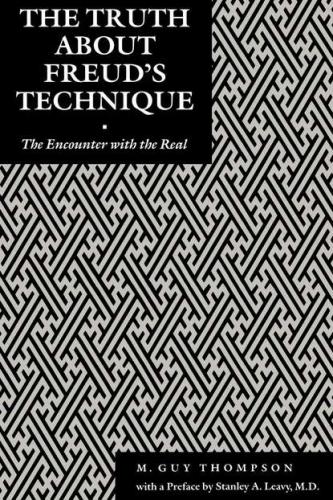Heidegger isn’t suggesting that this theory about truth is necessarily wrong. It just doesn’t get to the heart of the matter. Where did that theory come from? We would have to start with Aristotle, whose correspondence theory was gradually adopted by Jewish and Arabian philosophers, then by Christian medieval thinkers, then the scholastics, and now us. It was during the medieval period, however, when Heidegger thought this theory had its biggest impact. According to Christian theologians, whether or not a statement was so depended on whether that statement was faithful to a corresponding idea in God’s mind. This is the mind of the God who created human beings, the world, and everything in it. If a statement conformed to God’s intentions, then that statement was true. Humankind’s capacity to gain knowledge and wisdom was presumably bestowed on human beings by God Himself. “If all beings are ‘created,’” says Heidegger, “the possibility of the truth of human knowledge is grounded in the fact that matter and proposition measure up to the idea in the same way and therefore are fitted to each other on the basis of the unity of the divine plan of creation” (1977a, 120).
In other words, truth, according to Christian philosophers, implies conformity to God’s plan and His intentions. People could determine what was true by making sure their beliefs corresponded to the “order of creation.” But hasn’t this way of thinking become archaic? Can we now be accused of relying on a “preordained” plan that is supposed to justify our beliefs? According to Heidegger, the answer is yes. “But this order,” he warns,
detached from the notion of creation, can also be represented in a general and indefinite way as a world-order. The theologically conceived order of creation is replaced by the capacity of all objects to be planned by means of a worldly reason which supplies the law for itself and thus also claims that its procedure is immediately intelligible (what is considered “logical”). That the essence of propositional truth consists in the correctness of statements needs no further special proof. Even where an effort is made—with a conspicuous lack of success—to explain how correctness is to occur, it is already presupposed as being the essence of truth. (121)
Конец ознакомительного фрагмента.
Текст предоставлен ООО «ЛитРес».
Прочитайте эту книгу целиком, купив полную легальную версию на ЛитРес.
Безопасно оплатить книгу можно банковской картой Visa, MasterCard, Maestro, со счета мобильного телефона, с платежного терминала, в салоне МТС или Связной, через PayPal, WebMoney, Яндекс.Деньги, QIWI Кошелек, бонусными картами или другим удобным Вам способом.
